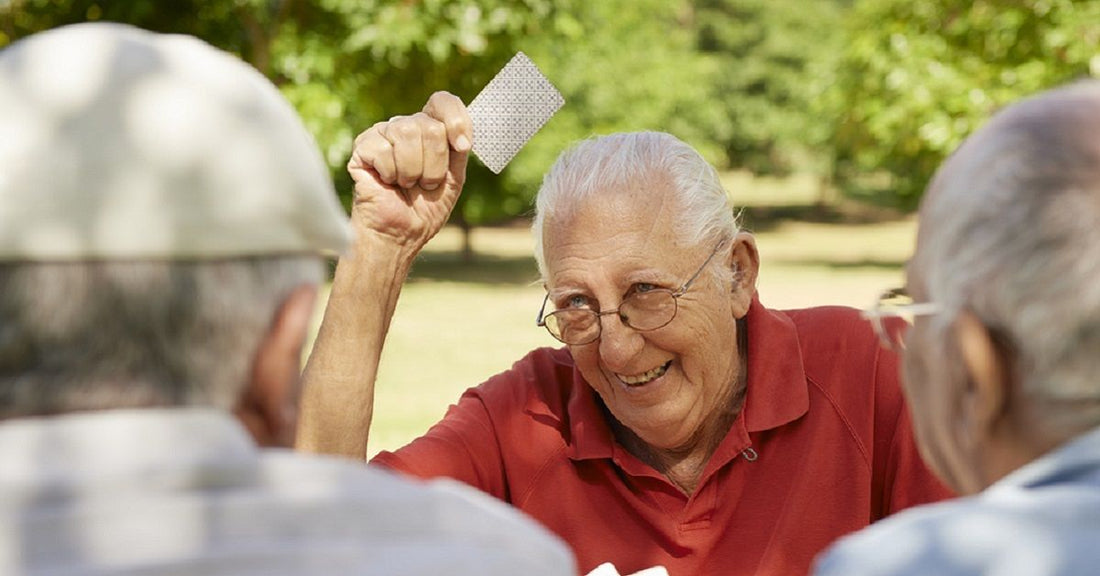
Word Puzzles and the Aging Brain: How They Help Keep Your Mind Sharp
Share
We’ve all heard the phrase, “Use it or lose it,” and when it comes to brain health, it couldn’t be more true. As we age, keeping our minds active becomes just as important as physical health. Word puzzles—like crosswords, Sudoku, and word searches—are more than just fun; they’re scientifically backed tools that can help maintain cognitive sharpness and may even slow down the effects of dementia.
Don’t just take my word for it. Let’s look at what the research says.
One study published in the International Journal of Geriatric Psychiatry found that older adults who regularly completed crossword puzzles had significantly slower cognitive decline than those who didn’t. The puzzles seemed to strengthen the areas of the brain responsible for memory and problem-solving, two skills that are often affected in the early stages of dementia. By engaging with these mental challenges, participants were essentially “exercising” their brains, keeping them more resilient over time.
Another study, featured in Neurology, took things a step further. Researchers discovered that seniors who frequently engaged in mentally stimulating activities, like solving word puzzles, had better memory and processing speed. The study found a direct correlation between these activities and a delay in the onset of dementia symptoms. Even for participants who eventually developed dementia, those who did puzzles regularly experienced symptoms later than those who didn’t.
Finally, a comprehensive review published in Frontiers in Aging Neuroscience highlighted the role of word puzzles in promoting neuroplasticity. This is the brain’s ability to adapt and reorganize itself by forming new neural connections. When you solve puzzles, you’re challenging your brain to think critically, recognize patterns, and recall information—all of which encourage new neural pathways to form. This kind of cognitive engagement is key to maintaining mental agility as you age.
Beyond the science, there’s also the joy puzzles bring. Completing a crossword or finding that last word in a word search isn’t just satisfying—it boosts your mood and gives you a sense of accomplishment. That sense of achievement can be especially important for seniors, offering a boost of confidence and mental stimulation all at once.
Word puzzles are a simple, accessible way to care for your brain. Whether it’s a crossword in the morning, a word search during a quiet afternoon, or a Sudoku before bed, these little challenges make a big impact.

For caregivers, puzzles can also be a valuable tool for engaging loved ones with dementia. They offer a meaningful activity that’s not only fun but also beneficial for maintaining memory and cognitive skills. Plus, working on a puzzle together is a great way to connect and share a moment of calm.
If you’re looking for an easy and enjoyable way to keep your mind sharp, grab a word puzzle and get solving. Science backs it up—and your brain will thank you.
